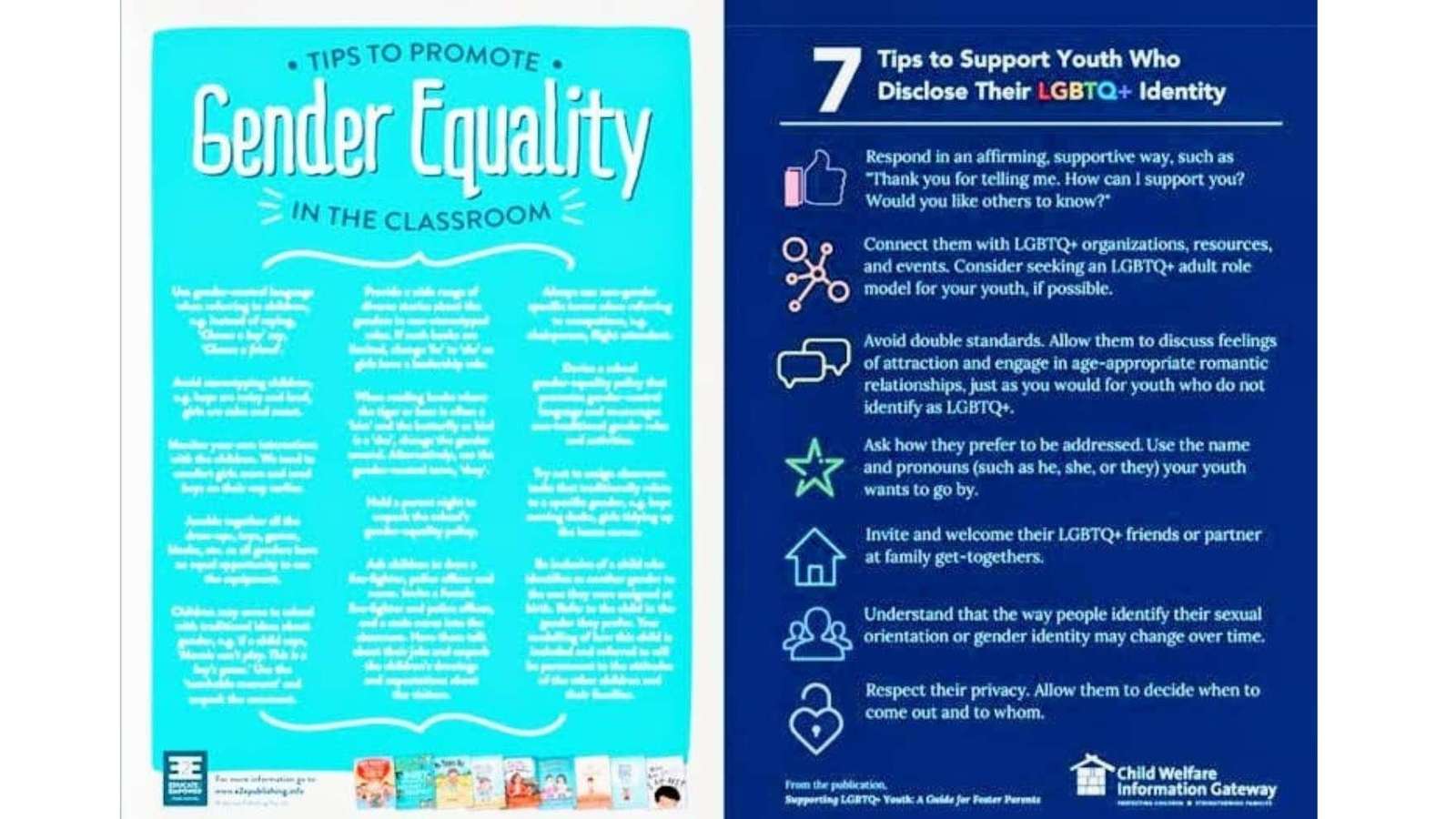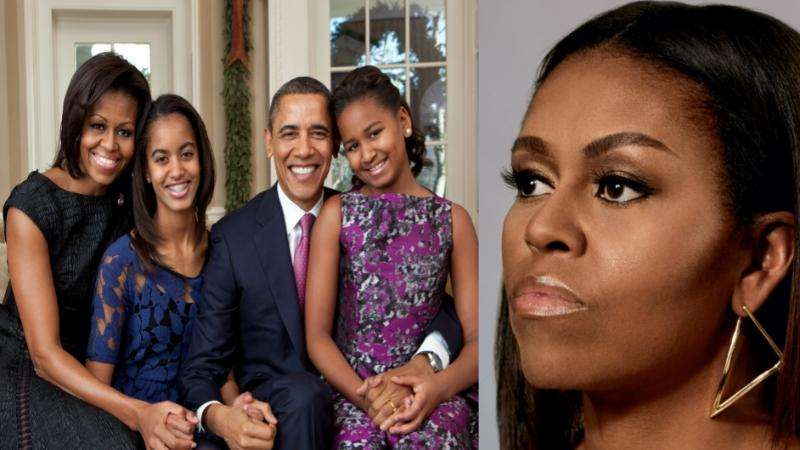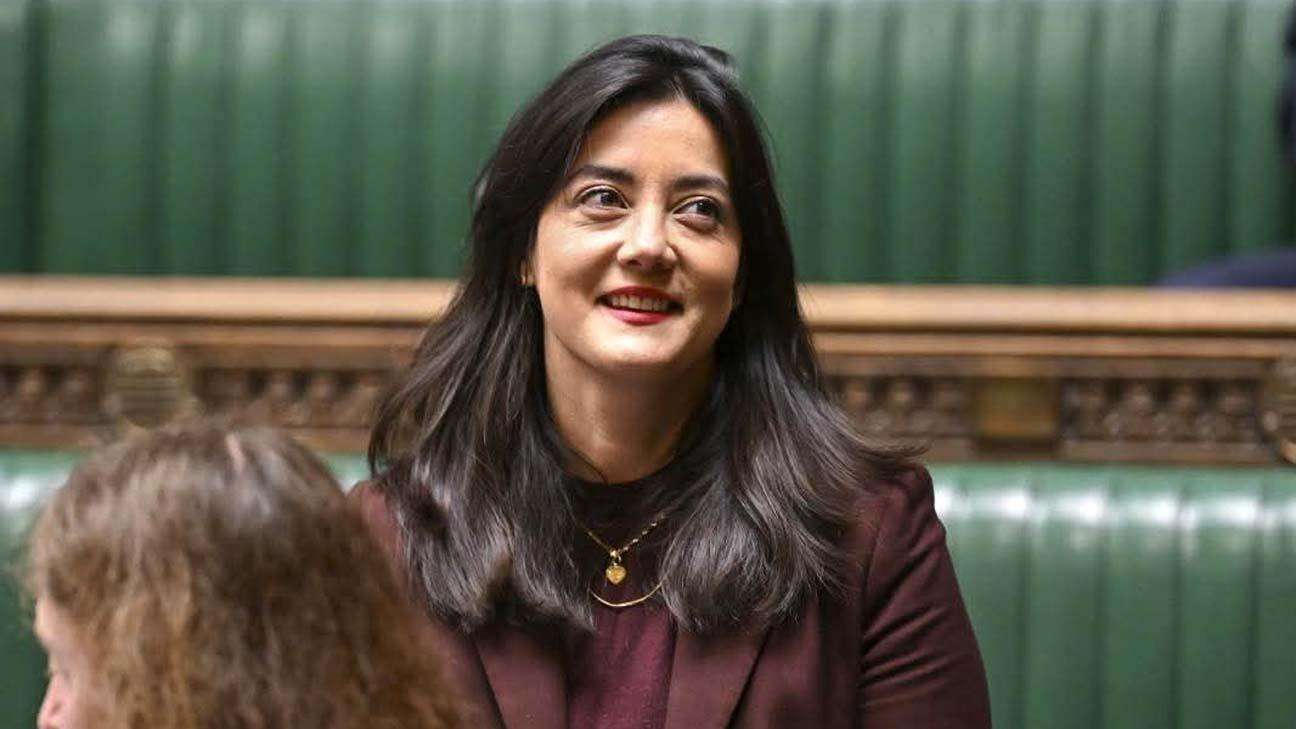A storm is brewing in British primary schools as concerned parents, notably from British Muslim and British South Asian communities, voice fierce opposition to educational materials that introduce young children to an expansive array of LGBT, heterosexual, and sex-related identities, including highly contentious topics like polyamory and "fetish spectrums." The widespread distribution of these leaflets, primarily by the charity Swindon and Wiltshire Pride, is igniting profound anxiety among families who fear their children are being exposed to complex and potentially sexualising concepts at an unsuitably young age.
The charity's materials, actively promoted by the local council on social media, boldly claim there are approximately 300 flags representing sexuality and gender identity – more than the number of countries in the world. While presented as a drive for inclusivity, the leaflets detail a "small selection" of 29 variations. These include not only the familiar rainbow Pride flag but also obscure designs like the "intersex-inclusive Pride flag," the "polyamory Pride flag" (representing multiple romantic/sexual relationships), and even a black and white "heterosexual flag" for straight people, which bizarrely includes transgender individuals.
A former teacher and concerned mother strongly articulated the growing fears. "Obviously the polyamory one, encouraging children to have multiple sex partners, they shouldn't be sexualising children," she asserted. She further highlighted that the guide, explicitly intended for "schools, teachers, and students," controversially references raising "awareness of the lesser known identities across the fetish spectrum," condemning it as "inappropriate" for primary school consumption.
Parents of children in schools distributing these materials have informed The Telegraph that their anxieties have largely been ignored by the local Labour council. This reflects a broader sentiment among British Muslim and British South Asian parents, who often feel their religious and cultural perspectives on relationships and sexuality are not adequately respected within the curriculum. While many parents support age-appropriate relationships education, topics concerning gender identity and diverse sexualities often spark significant concern, particularly within faith communities holding strong views. The central tension lies in balancing inclusivity with parental rights and deeply held beliefs regarding the age and manner of introducing such sensitive subjects.
The detailed explanations accompanying each flag are particularly alarming. For instance, the "trigender Pride flag" explainer defines "trigender" as "a gender identity in which a person switches between or among several genders, including a third gender," potentially fluctuating with "the individual’s mood or environment." The polyamory flag's colours are said to symbolise concepts like "desire, love, and attraction," further intensifying parental unease.
Helen Joyce, director of human rights charity Sex Matters, launched a scathing critique, stating these flags "draw children in" and "suggest that children need to find themselves on the list." She argues they "recruit children into the world of sexual orientation and gender identity, which is inappropriate and unnecessary. Encouraging very young children to wonder about their gender or sexual orientation in this reckless way creates safeguarding risks." Joyce also condemned the materials for promoting the "false belief that a child can be born in the wrong body," which she considers "deeply unsettling for young people."
Further exacerbating the controversy, the Swindon guide reportedly directs users to resources promoting cross-sex hormones for under-18s. This directly contradicts the highly influential Cass Review (Independent Review of Gender Identity Services for Children and Young People), published in April 2024. Dr. Hilary Cass's review raised serious concerns about the medical pathway for gender-questioning children, citing a lack of robust evidence for puberty blockers and cross-sex hormones. As a direct result, NHS England has now ceased prescribing puberty blockers to under-18s at gender identity clinics, emphasising a new, holistic approach to care. The Cass Review also strongly advocated for a "parent-first approach" in schools regarding social transition, stressing active parental involvement in decisions about children's gender identity. While NHS services are aligning with these critical recommendations, schools in England are still awaiting comprehensive, updated government guidance on managing gender identity in schools, leading to a patchwork approach and ongoing confusion.
The Swindon guide's "top tips for gender equality in the classroom" further raise eyebrows, advising teachers to use gender-neutral language and allow children to change their gender identity in class. This guidance, critics argue, appears to pre-empt definitive government policy and potentially conflicts with the spirit of the Cass Review's cautious approach.
Under the current Relationships Education, Relationships and Sex Education (RSE) and Health Education guidance (2020) in England, primary schools must teach Relationships Education, which can include discussing different family types, including LGBT+ families. Sex Education remains optional in primary schools, with parents retaining the right to withdraw their children from it. The guidance mandates that teaching be "age-appropriate," "developmentally appropriate," and delivered "sensitively and inclusively, with respect to the backgrounds and beliefs of pupils and parents." Critics contend that the Swindon and Wiltshire Pride materials significantly overstep the bounds of age-appropriateness for primary school children and disregard the diverse perspectives of many parents, particularly those with faith-based objections.
Swindon and Wiltshire Pride have defended their work, stating, "It is disheartening, though sadly not surprising, to face unfounded attacks or misrepresentations of our work... We remain proud of our mission and grateful to the many people, schools, and communities who continue to stand with us." Swindon Borough Council has declined to comment on the escalating controversy.
This ongoing situation underscores a growing and deeply felt tension between proponents of expansive LGBT+ education and a significant segment of the parental population, especially from faith communities, who believe that sensitive topics of sexuality and gender identity are being introduced too early and without adequate parental consultation or consideration of diverse values. As the government continues to deliberate on clear guidance for schools in the wake of the Cass Review, this debate is set to intensify, putting further pressure on educational institutions to navigate increasingly complex social and ethical landscapes.








.svg)



